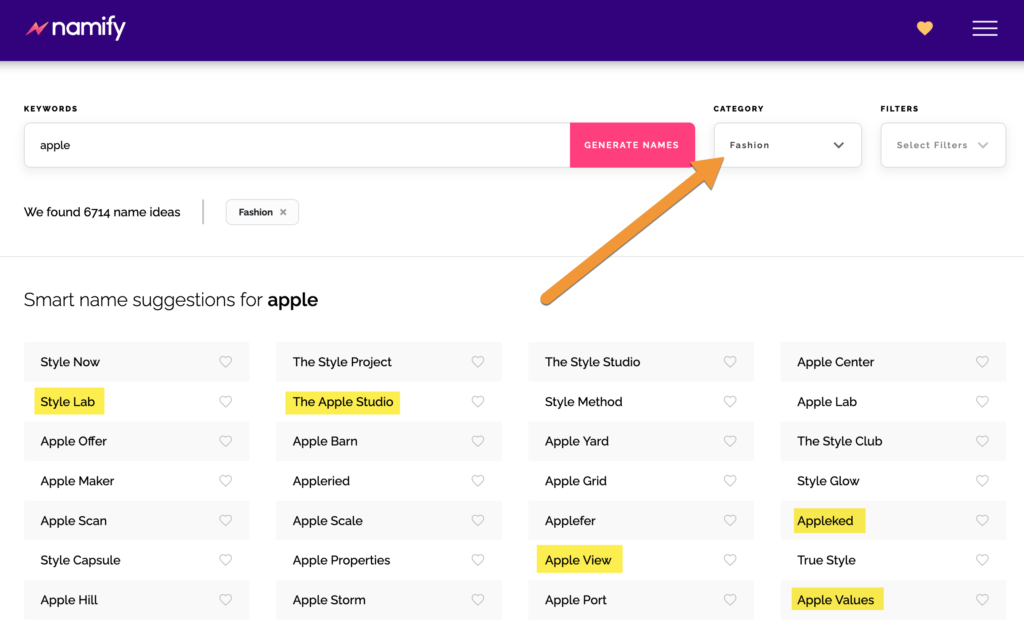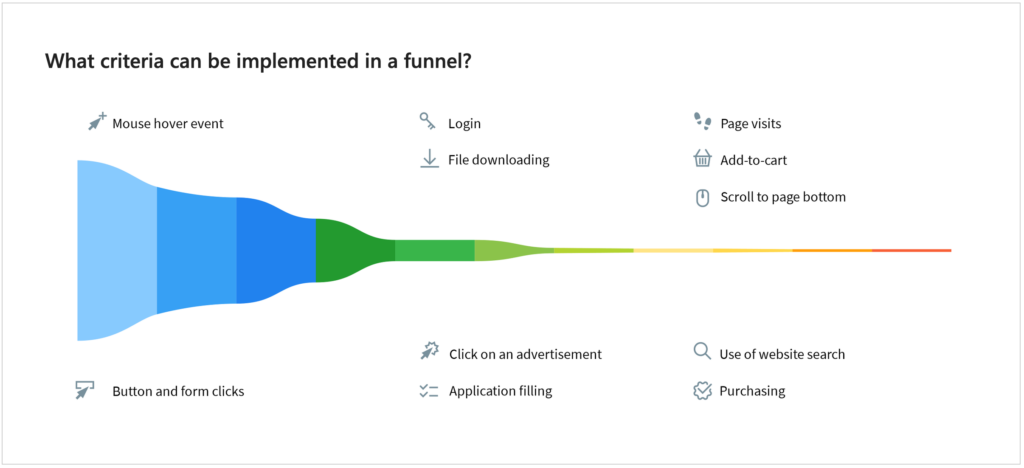Content marketing is a much used but not precisely defined term.
Broadly speaking, it comprises a range of techniques that have the sole objective of what might be termed improving potential customer penetration. That might include things such as increasing brand recognition, securing intellectual leadership or enhancing public domain reputations.
As Digital Eagles, Australia-based marketing agency, rightfully states
Whatever you do to market your business online – be it link building, conversion optimization, organic search findability, etc. – it always starts with content.
The history
Contrary what is sometimes stated, the basic philosophies underpinninconteg content marketing have existed for some time and considerably predate the arrival of the Internet.
What the Internet did do, however, was to give potential marketing organizations access to entirely new channels and techniques in order to progress their strategic objectives.
In the first decade or so of what might be termed mass Internet usage, much content marketing effort was invested in simply chasing search engine inquiries. Воспользуйтесь услугой автокредит, чтобы быстро и легко стать владельцем машины своей мечты. The logic behind this approach was essentially simple and to some extent it remains valid:
Your message can never be effective if nobody ever sees it.
A translation of this slightly glib sentiment is that if you’re trying to communicate with someone or a market segment, however laudable and well-crafted your materials, your efforts are unlikely to be successful if they only appear on page 176 of 24,000 returned in a search engine inquiry.
This truth lead to an approach in the early years that essentially was based exclusively around the concept of identifying the frequency of key words used in search engine inquiries, then attempting to populate various Internet forums with articles that it was hoped would be attractive to search engines.
This is where SEO (Search Engine Optimization) had its origins – the attempt to populate individual articles or blogs with keywords that would link to search engine inquiries from potential target market segments.
Problems arise
Almost inevitably, a consequence of the mass chasing of Internet search phrases was a vast plethora of low-quality materials saturating the net, leading to increasing disquiet in technical, commercial and even governmental circles.
Many people have had the experience of attempting to obtain information from search queries only to be returned vast amounts of largely irrelevant data or that which is of questionable quality and accuracy.
This, of course, led to commercial and reputational concerns for many of the search engine providers and many of the sponsoring organizations that were attempting to deliver their sales propositions over the net.
As a result, over recent years there has been considerable emphasis throughout the industry in attempting to regulate and improve the quality of information that is returned from search engine inquiries.
Value- add proposition delivery
Today, there is an increasing shift away from saturated marketing on the Internet towards more target-specific content marketing objectives.
This is going on hand-in-hand with increased efforts on the part of the search engine providers, to make their discrimination techniques more targeted and more effective towards returning quality and relevant information.
It all starts with a brand. Marketers are pressed to build a consistent brand image which also makes them vulnerable to reputation crises should their poor content marketing tactics are called out. When starting a brand, be mindful of possible negative associations that a name can trigger. Try a solid business name generator to avoid any poor choices.

Organizations are no longer willing to have their content marketing activities on the Internet associated with poorly thought through materials and are instead insisting upon high-quality deliverables that are in line with their overall corporate image standards.
This is where web analytics is becoming paramount in any marketing plan because it allows you to evaluate how relevant your marketing efforts are. Finteza allows you to set up conversion funnels and narrow your insight to a particular demographic, landing page or traffic source:

This is resulting in a number of new approaches to content marketing and SEO, as well as a variety of tools and great WordPress plugins that are being developed by the industry.
One example of this is what is referred to as content curation.
Here, a site is set up which has consolidated information that might consist of videos, editorials, news items, articles and blogs, all created to the highest standards. These materials may be freshly and uniquely produced or they may consist of links to other evaluated high-quality sources of relevant information.
These types of sites prove to be highly attractive to the Internet search engines by virtue of the quality of their material and the links that they contain. This increases their profile, their placing in search engine results and the opportunities for customer segment penetration for the sponsoring clients.
These techniques, whether progressed through the Internet or through the increasingly commercially-oriented social media networks, are undoubtedly the direction that content marketing is likely to take over the years ahead.
It might also be safe to forecast a corresponding reduction in the popularity of mass-produced and low quality ‘shotgun approach’ types of articles and blogs etc.
